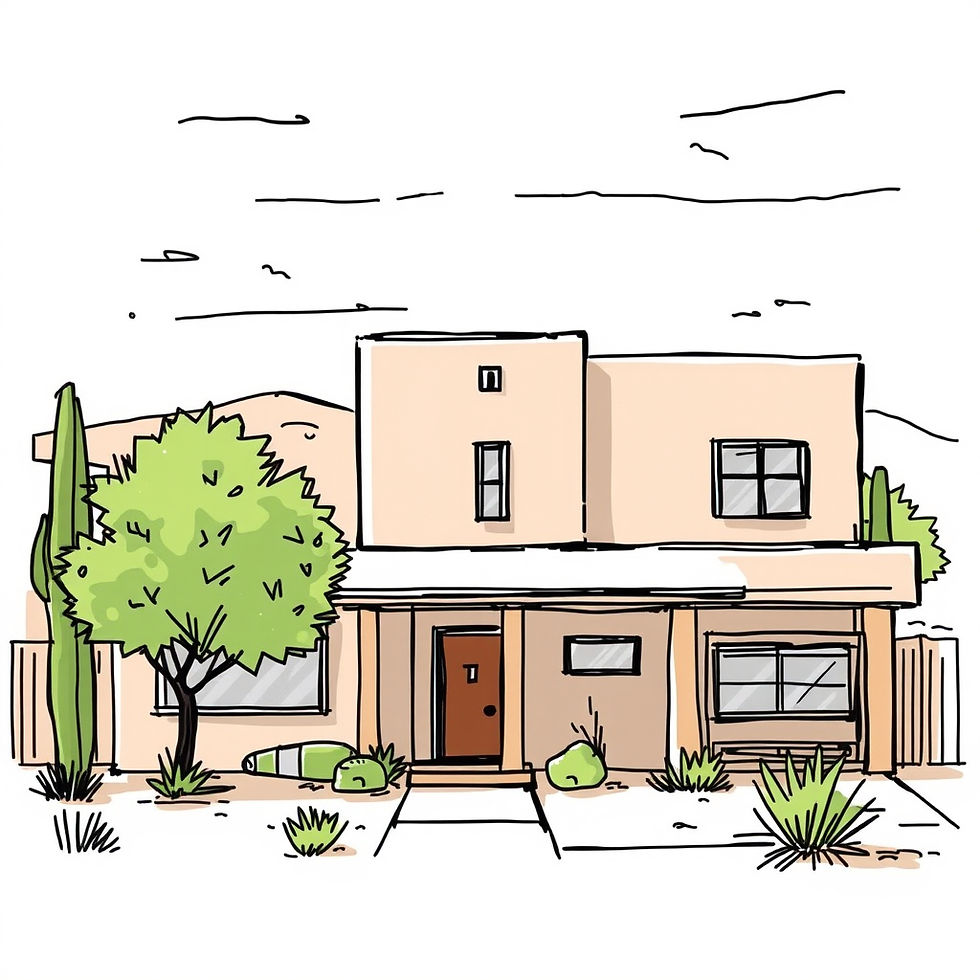Time to Winterize and Protect Those Pipes!
- Kim Clark

- Sep 14, 2020
- 3 min read
Source: www.watersystemscouncil.org
Let's be honest, you may have read this article several times already, but it is important for our new members to see it as well.
If you are closing your home for the winter and are unable to reach a professional to help, read our instructions for Winterizing.
Every year we hear from homeowners with a frozen well or plumbing system. If your well or pipes freeze, contact your licensed well contractor or plumber as soon as possible.
If you are in an area that tends to reach freezing temperatures, you should make every effort to prevent your pipes and well casing from freezing. When pipes freeze, the flow of water is completely blocked. Since water expands as it turns into ice, the pipes are highly likely to burst. It could also ruin your well pump. This can be an expensive problem to fix and a disastrous occurrence in frigid winter months. Both hot and cold water pipelines can freeze, so be sure to protect both.
Even if you are not in an area that freezes often, it is recommended to have supplies on hand just in case it happens. Remember, even the south can freeze!
Your Pump and Well
Most well pumps are down inside the well at depths that do not freeze, so you will be protecting the well casing that is exposed (above ground) and your pipes. You can insulate your well casing and pipes with foam rubber sleeves or fiberglass insulation, wrapping the insulating material around the casing and pipes. For extra protection in the areas of your home that are not heated, such as a crawl space or basement area, pipes may first be wrapped with special heating strips and then an outer layer of insulation wrapped on top. For assistance, contact a licensed well contractor or plumber in your area.
If you have an above ground pump, it needs to be kept in an area where the temperature stays above 40 degrees in order to prevent the water in the pump and water lines from freezing. If the pump is located in an area where temperatures drop below 32 degrees, the pump should be housed in an insulated enclosure. The pump motor does generate some heat which can help prevent the pump from freezing inside an enclosure. If your pump is exposed outside and your area experiences some days of freezing temperatures, contact your licensed well contractor to help with enclosing your pump to prevent it from freezing. Help keep your well from freezing with a pitless adapter. A pitless adapter attaches to your well casing to provide a sanitary and frost proof seal between the casing and the water line running to your home. This device protects the water from freezing and permits convenient access to the well and well components without having to dig around the well. The adapter is connected to the well casing below the frost line, which is the depth at which the ground does not freeze. Water from the well is diverted horizontally at the adapter to prevent it from freezing. Contact your licensed well contractor to discuss installing a pitless adapter. Your Pipes If your home has an outside faucet or spigot, there may be a shutoff valve somewhere inside of your home. Turn off the water supply to this faucet for the duration of the winter. First, close the shutoff valve then open the outside faucet to drain the remaining water from the pipe. This will protect the pipes that lead to the outdoors from freezing. If you do not have a shutoff valve, consider having one installed. Try to spot any trouble with your pipes before it's too late, keeping an eye out for signs that may indicate your pipes are beginning to freeze. For instance, has your water pressure dropped? Note: If you notice this problem prior to cold months, this is not a sign of pipes freezing. Contact your licensed well contractor for assistance. If there is a cold spell and you fear your pipes are going to freeze despite the efforts you have made, there is still one more trick. Leave one of your faucets that is farthest from your home's water supply open and running slightly. If the water is running, it will be less likely to freeze. For more information on protecting your well, contact your licensed well contractor, plumber, or the wellcare® Hotline at 888-395-1033.




Comments